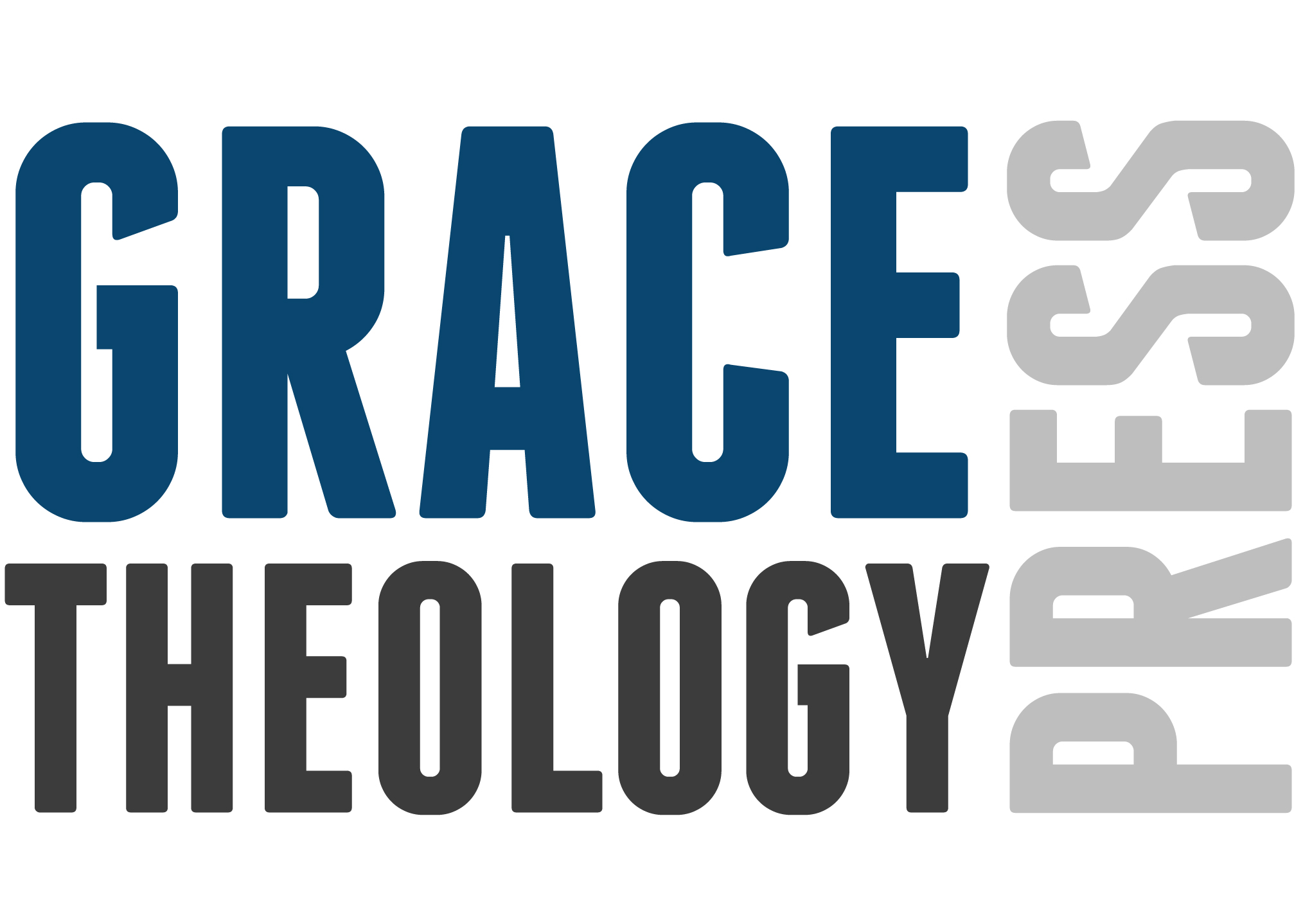Dr. Christopher Cone serves as Chief Academic Officer and Research Professor of Bible and Theology at Southern California Seminary as well as a pastor of San Diego Fellowship of the Bible (SDF) in San Diego. Dr. Cone formerly served as President of Tyndale Theological Seminary and Biblical Institute, Professor of Bible and Theology, and as a Pastor of Tyndale Bible Church. He has also held teaching positions at the University of North Texas, North Central Texas College, and Southern Bible Institute.
Tell our audience a little about your ministry.
I serve in a few different roles. I am at Southern California Seminary (which is connected to Shadow Mountain Community Church pastored by David Jeremiah). I am the Chief Academic Officer there and serve in a faculty role as Research Professor of Bible and Theology. I also am part of a church plant, pastoring at San Diego Fellowship of the Bible – better known as SDF. I am always working on some book project or another, and I write articles on www.drcone.com. I also travel and speak at conferences all over the world, so I keep pretty busy. My wife and daughters are awesome – they are so supportive and encouraging. They truly give me wings.
How did you get into this arena?
Higher education, pastoring, and writing all work symbiotically for me. Each one helps me be better at the other two. So I have been passionate about all three for as long as I can remember. I am grateful that the Lord has allowed me to serve to some extent in all three capacities, and thankful to do that in schools and churches all over the world.
Let’s talk about your book, Integrating Exegesis and Exposition. Why did you write this book?
I had three goals. First, was to help people understand how to do basic exegesis – to study the Bible for themselves. We are all accountable to know God’s Word. This isn’t just something pastors should know. We all should be growing in the knowledge of His word. And I wanted to help provide a straightforward process, so that Bible study wouldn’t seem so threatening or scary.
Second, I wanted to emphasize that the teaching and preaching of God’s Word should be rooted in Bible study, not in our own creativity. Communicating the Bible is sometimes perceived more as art than science, and as a result, there is very little attention given to actually teaching the word. It is not uncommon to find people talking about the Bible, but it is unusual to find people actually teaching what it says. Integrating aims to help resolve that – to get our teaching and preaching to be more Biblical.
Third, I want to encourage Bible teachers and preachers to understand how critical it is that they teach people to fish rather than giving them a fish. Too often we create dependents and not disciples, because instead of teaching people how to handle the Bible for themselves, we just give them some of the highlights of our own study. Preparing a banquet is very impressive, but it is much more profitable to take people into the kitchen and teach them to prepare their own meals. I think that is a key component of discipleship, and Integrating attempts to encourage us to think in those terms.
Who is the intended audience for the book?
I really appreciated Dr. Thomas Constable’s endorsement of the book. He served for many years as the Chair of the Bible Exposition department at Dallas Seminary, and he recognized that the book would “be of interest and help to all who want to facilitate the growth of Christians – not just intellectual growth, but true growth in godliness.” It is really designed for everyone who is interested in studying, applying, and communicating God’s Word. It isn’t written just for pastors, though hopefully pastors will really appreciate it. It is written for a much broader audience than that.
Where do you see our society and culture at with regard to integrating exegesis and exposition and what are the implications?
Sadly, we have a rich tradition of fostering Biblical illiteracy. Because we focus on feeding people rather than teaching them to feed ourselves, we have generations of people who have no concept of why or how they should study the Bible for themselves. They have been trained to think that is what they pay a pastor for. On the other hand, those Bible communicators who have committed to the process of replication – the one that is commanded in 2 Timothy 2:2 – those people are usually very effective at discipling and training up others. It’s really a matter of purpose in ministry.
How can our audience connect with you and stay up to date on your ministry?
Probably the best way is through my website, drcone.com. I try to write regularly there, so they can read those articles, but also the books are available there as well. The church website is sandiegofellowship.org, and the school website is socalsem.edu. If people want to contact me directly they can feel free to email me on the website (drcone.com). Because of my crazy schedule, I don’t always respond as quickly as I would like, but I love the interaction, and I do respond. Would love to hear from your readers, and I have appreciated this opportunity to share with them.
Be on the lookout for Part 2 of this interview with Dr. Cone.
Serving Him with you until He comes for us,
Fred Chay, PhD
Managing Editor, Grace Theology Press














